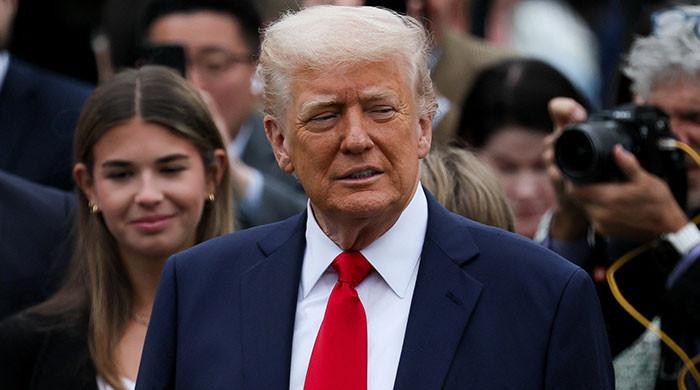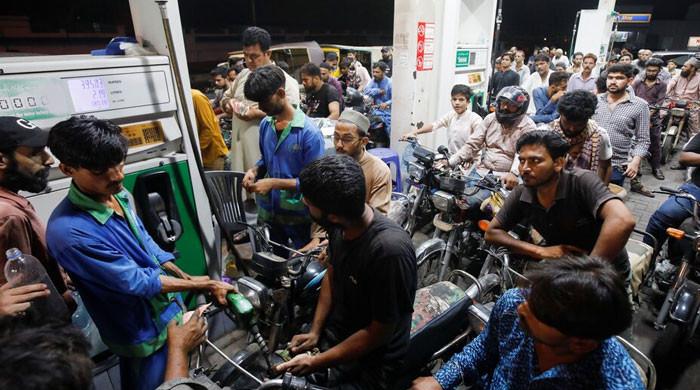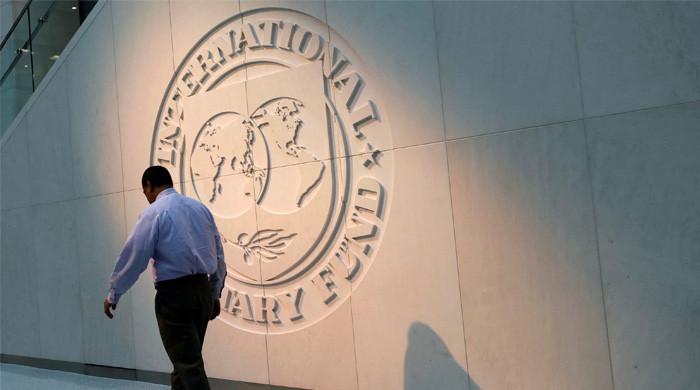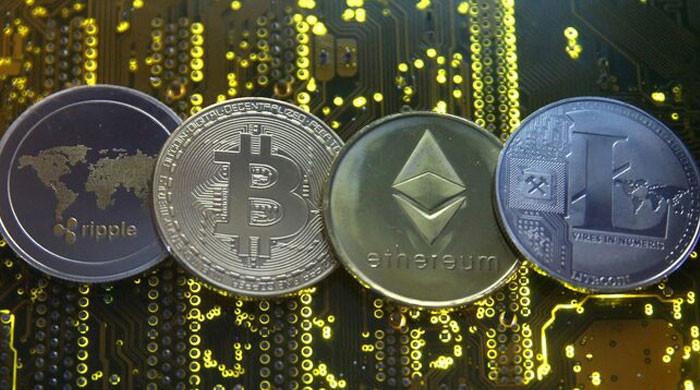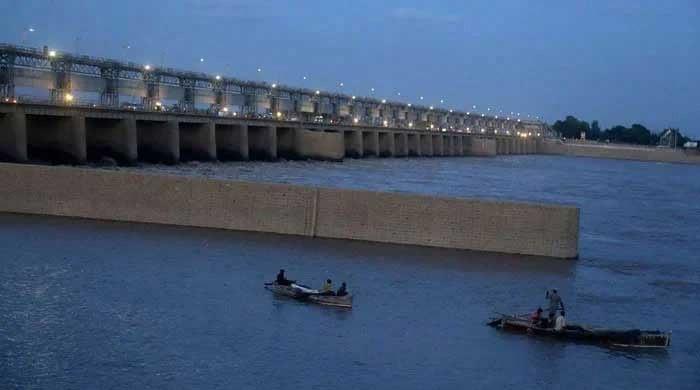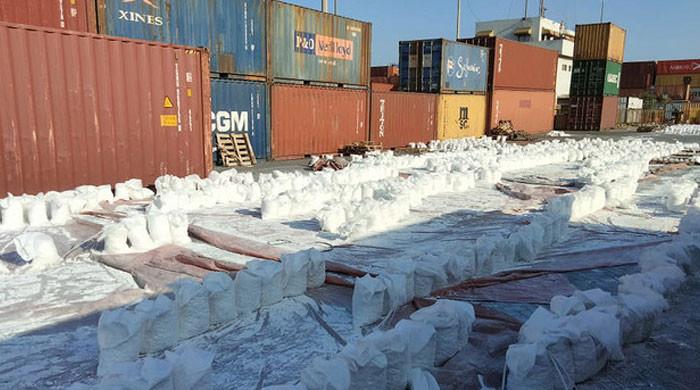What’s next for Nawaz Sharif in Pakistan’s politics?
One thing is clear: defeating the PML-N in Punjab will not be easy for PM’s party, and that too with “neutral empires"
July 01, 2021
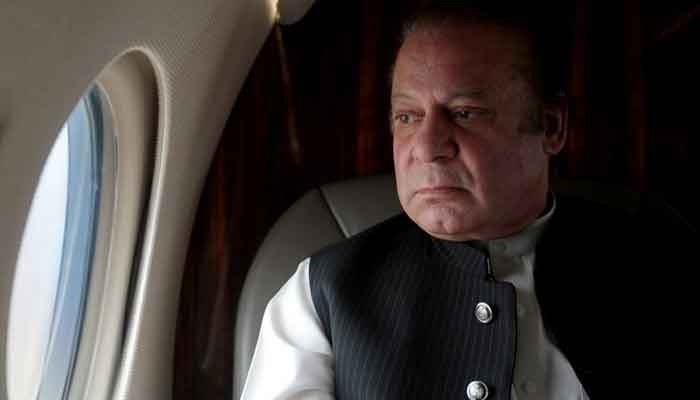
Recently, the Islamabad High Court dismissed the appeals of former Prime Minister Nawaz Sharif against his conviction, due to his failure to appear before the Court. So now, one wonders, what does the future hold for Sharif, who was elected thrice as prime minister of Pakistan?
Already disqualified for life, Sharif, 71, is currently in London for “medical reasons”. It is highly unlikely he will return anytime soon, at least till his rival Prime Minister Imran Khan is in power.
Nawaz Sharif made his political debut in the late 1970s. Today, he leads one of the strongest political party, the Pakistan Muslim League-N (PML-N). Even his critics, leaders of the Pakistan Tehreek-e-Insaf (PTI), admit that despite Sharif’s disqualification and conviction in graft cases, his party’s vote bank remains intact in Punjab.
But that is now. What about 2023, when Pakistan heads to the polls again? Can his party form a government for the fourth time?
How did it all start?
First, let’s take a look at how Sharif emerged on the political scene.
The son of a businessman, Sharif’s entry into politics was accidental.
Former president and military ruler, General Zia ul Haq was on the lookout for “partners” in order to fulfil his own political ambitions and to counter the appeal of Zulfiqar Ali Bhutto amongst the masses, even after Bhutto’s execution.
A close aide of Sharif disclosed that the former prime minister’s father, Mian Mohammad Sharif, who was otherwise a non-political person, was deeply disturbed with the nationalisation of his companies, the Ittefaq Industries, by Bhutto. During this time, he was pursued by his friend, retired Brig Qayyum, a veteran also known in military circles as the “red colonel”.
The brigadier arranged a meeting of the senior Sharif with General Zia through General Ghulam Jilani.
Together, they convinced Sharif to allow his sons, Nawaz and Shehbaz, to join politics and work with them.
From there on, Nawaz Sharif moved from federal minister to chief minister Punjab to prime minister in the controversial 1990s election. He was known to toe the line of the establishment against his rival Benazir Bhutto.
Charting his own path?
But then, similarities turned into differences, which began in the days of army chief General Asif Nawaz.
There was already friction between the establishment and the politician, but the turning point was the resignation of army chief General Jehangir Karamat over his remarks in regard to the National Security Council, which Sharif took as a political statement.
Karamat was out and Pervez Musharraf was in, on the advice of his brother Shehbaz Sharif and his close aide, Chaudhry Nisar Ali Khan. Which is why when Sharif sacked Musharraf, he did not take the two men into confidence.
One can disagree with the manner in which Sharif tried to remove Musharraf in 1999, but the way the elected prime minister’s government was then ousted, in response, was unprecedented.
Lessons for the future from the past
Sharif’s political future is intertwined with that of his party, the PML-N.
Even with Nawaz Sharif out of the country, his party has won a majority of the by-polls held recently. But there is no denying that although PML-N is on a winning streak, the party leadership is confused. And this confusion could carry on to the next general polls, in turn hurting the party’s vote bank.
There are clearly two schools of thought in the PMLN: one that wants to confront the powerful quarters, led by his daughter, and the other of reconciliation, headed by his brother.
Many PML-N leaders are convinced that until and unless the party leadership clears this confusion they would not know which stance to take in the run up to the 2023 polls.
Those privy to the development say that try as he might, Shehbaz Sharif has not been able to convince Nawaz of his narrative’s success or that the powerful quarters will remain “neutral” in the next polls.
Now if Nawaz Sharif had returned after a few weeks of going to London for “medical treatment”, he could have given a tough time to the PTI government and Imran Khan.
An exile of no return?
Pakistan’s political history shows that the parties of leaders who went abroad, either in self-exile or on medical grounds, faced multiple problems and were vulnerable to being manipulated.
When Benazir Bhutto left the country after Zulfiqar Ali Bhutto’s hanging, attempts were made to divide the party and the opposition was kept out of the non-party-based election in 1985. It was a decision Benazir Bhutto later regretted.
In 2002, when she was again in exile, another split was created in her party, leading to the emergence of the Pakistan People’s Party Patriots.
Meanwhile, in PML-N's own case, Nawaz Sharif’s decision to strike a deal with former president General Pervez Musharraf and leave Pakistan, led to the making of the PML-Q.
Over the years, Sharif has made several entries into and exits from politics. Right now he faces a “No Entry” sign, after his disqualification. What will he do to reverse his fate? And how can he ensure that his party will win the next polls?
Regardless of what decision Sharif takes, one thing is clear: despite the corruption inquiry against Sharif, and despite his stay in London, defeating the PML-N in Punjab will not be easy for Prime Minister Imran Khan’s party, and that too with “neutral empires".






